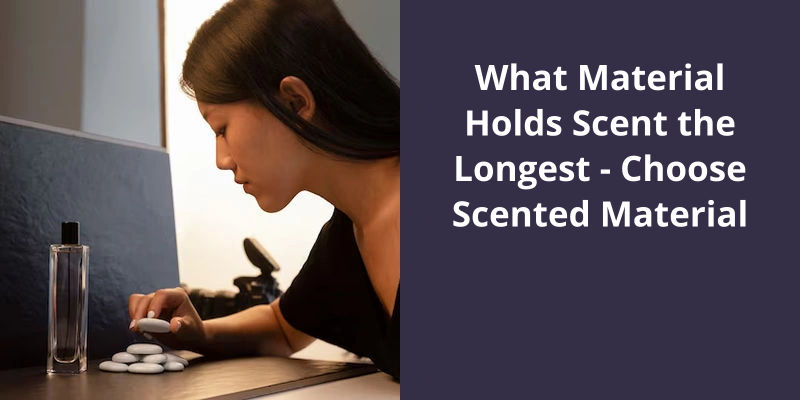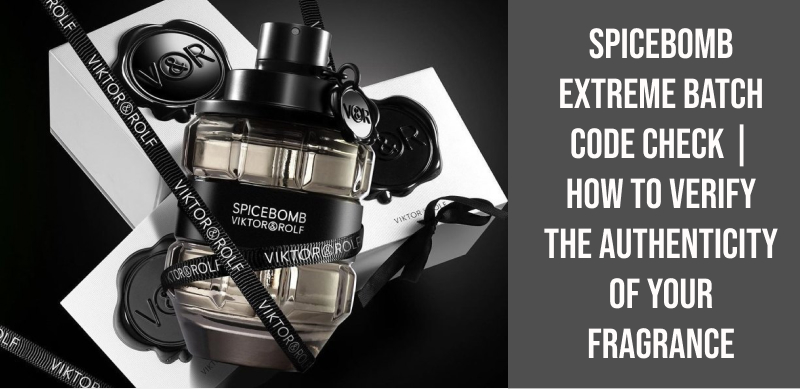What Holds Perfume Scent The Longest? Your Guide To Lasting Fragrance
Have you ever wished your favorite perfume could linger a bit longer, truly staying with you throughout the day? It’s a common wish for many who love a good scent, yet often find their chosen fragrance seems to vanish too quickly. We pick out a beautiful aroma, hoping it will be a delightful companion from morning till night, but sometimes, it just doesn't quite "hold" its presence as we expect, does it?
Figuring out how to make a scent stick around can feel a little like trying to grasp smoke, very much like the idea of something being hard to keep in one place, or, you know, to maintain its position. There are so many kinds of fragrances out there, and each one, it seems, acts a little differently on our skin, making the quest for lasting power a bit of a puzzle.
But don't worry, we're here to unravel some of the mysteries behind fragrance longevity. We'll look at what truly helps a perfume cling on, providing a delightful aroma for hours, so you can enjoy your chosen scent for much longer, which is quite nice.
Table of Contents
- Understanding Fragrance Concentrations
- The Role of Scent Notes
- Top Notes: The First Impression
- Middle Notes: The Heart of the Scent
- Base Notes: The Lasting Foundation
- Skin Chemistry and Hydration
- Strategic Application Points
- Layering for Longevity
- Storage Matters
- When to Reapply
- Common Questions About Perfume Longevity
Understanding Fragrance Concentrations
This is, arguably, one of the biggest factors in how long a scent will stay noticeable. The concentration refers to the amount of pure perfume oil mixed with alcohol and water. Higher concentrations usually mean more staying power, which is pretty straightforward.
Let's break down the main types, shall we?
Parfum (or Extrait de Parfum): This is the most concentrated form, often containing 20-40% pure perfume oil. It's very potent and can, you know, easily last anywhere from six to eight hours, sometimes even more. Because it's so strong, you only need a tiny bit, which is rather nice.
Eau de Parfum (EDP): A popular choice, EDPs typically have 15-20% perfume oil. They generally last about four to five hours, which is pretty good for everyday wear. They offer a nice balance between strength and affordability, so many people really like them.
Eau de Toilette (EDT): With 5-15% perfume oil, EDTs are lighter and often more refreshing. They tend to last two to three hours. They're great for a quick spritz or for warmer weather, but you might need to reapply them, you know, a bit more often.
Eau de Cologne (EDC): This is the lightest concentration, usually 2-4% perfume oil. EDCs are often very light and refreshing, lasting maybe an hour or two. They're perfect for a quick refresh or after a shower, but they won't, in a way, "hold" their scent for a long time.
Eau Fraîche: Even lighter than EDC, with 1-3% perfume oil, and often contains more water than alcohol. These are designed for a very brief, refreshing burst, and their scent fades quite quickly, usually within an hour. They are, essentially, just a little whisper of scent.
So, if you're looking for something that truly "holds" its presence, like keeping something securely in place, opting for a Parfum or Eau de Parfum is usually your best bet. These higher concentrations have a greater capacity to "bear, sustain, or support" the fragrance over a longer period, which is pretty cool.
The Role of Scent Notes
Perfumes are made up of different scent notes that reveal themselves over time, creating a unique journey for your nose. These notes are usually categorized into a pyramid: top, middle, and base. How long a perfume lasts is actually very much tied to the kind of notes it features, you know, it's pretty significant.
Top Notes: The First Impression
These are the first scents you notice right after spraying your perfume. They're light, fresh, and often citrusy, fruity, or herbal. Think lemon, bergamot, orange, or lavender. They create that initial burst of aroma, but they're also the first to evaporate, typically within the first 15 minutes to an hour. They are, in a way, like a welcoming greeting that quickly fades, just a little fleeting.
Middle Notes: The Heart of the Scent
Also known as heart notes, these emerge once the top notes begin to fade. They form the core of the fragrance and are usually softer and rounder. Floral scents like rose, jasmine, and lily, or spicy notes like cinnamon and nutmeg, often make up the middle. These notes tend to last longer than top notes, usually for a few hours, providing the main character of the perfume, so they are quite important.
Base Notes: The Lasting Foundation
These are the heaviest and longest-lasting notes in a perfume. They appear as the middle notes fade and can linger on your skin for many hours, sometimes even all day. Base notes are often rich, deep, and warm, including ingredients like vanilla, musk, amber, sandalwood, patchouli, and cedarwood. These are the "anchors" of the fragrance, helping the entire composition "hold" its shape and presence over time, much like a strong foundation keeps a building standing. If a perfume has a lot of these heavier base notes, it will usually stick around for a good long while, which is quite appealing, truly.
Skin Chemistry and Hydration
Your skin plays a really big part in how long a perfume lasts, you know? Everyone's skin chemistry is unique, and this can actually affect how a fragrance develops and, quite literally, how long it "holds" on you. It's a bit surprising, perhaps, but very true.
Skin Type: People with oily skin often find that perfumes last longer on them. The natural oils on the skin can help to hold onto the fragrance molecules, almost like they are grasping them. On the other hand, if you have dry skin, your perfume might evaporate more quickly. Dry skin tends to absorb the fragrance oils faster, causing the scent to disappear sooner, which is a bit of a bummer.
Hydration is Key: This is where hydration becomes super important. Well-moisturized skin provides a better surface for perfume to cling to. Think of it like this: if your skin is dry, it's thirsty, and it will absorb the perfume oils quickly, making the scent vanish. But if your skin is already hydrated, the perfume sits on top of the moisture barrier, allowing it to evaporate more slowly and, in a way, release its aroma over a longer period, so it really makes a difference.
Tips for Hydration:
- Apply an unscented lotion or body cream to your pulse points before spraying your perfume. This creates a sort of base layer that helps the scent adhere better, almost like giving it something to cling to.
- Some people even use a tiny bit of petroleum jelly or a specific fragrance primer. These create a slight barrier that can really help the perfume "hold" its place, almost like a clamp keeping something together, or having it at your disposal for longer.
- Consider using a matching body lotion or shower gel from the same fragrance line. This helps to build a stronger scent profile that can last, you know, much longer, which is a pretty smart move.
Strategic Application Points
Where you spray your perfume makes a pretty big difference in its longevity. The goal is to apply it to "pulse points" – areas where your blood vessels are close to the skin's surface, generating warmth. This warmth helps to diffuse the fragrance throughout the day, releasing the scent gradually, which is very clever.
Some of the best spots include:
Wrists: A classic spot, but avoid rubbing your wrists together after spraying, as this can actually break down the fragrance molecules and make it fade faster. Just spray and let it air dry, that's it.
Neck

What Material Holds Perfume Better? Guide to Long-Lasting Fragrance

What Material Holds Scent the Longest - Choose Scented Material

What Material Holds Scent the Longest - Choose Scented Material